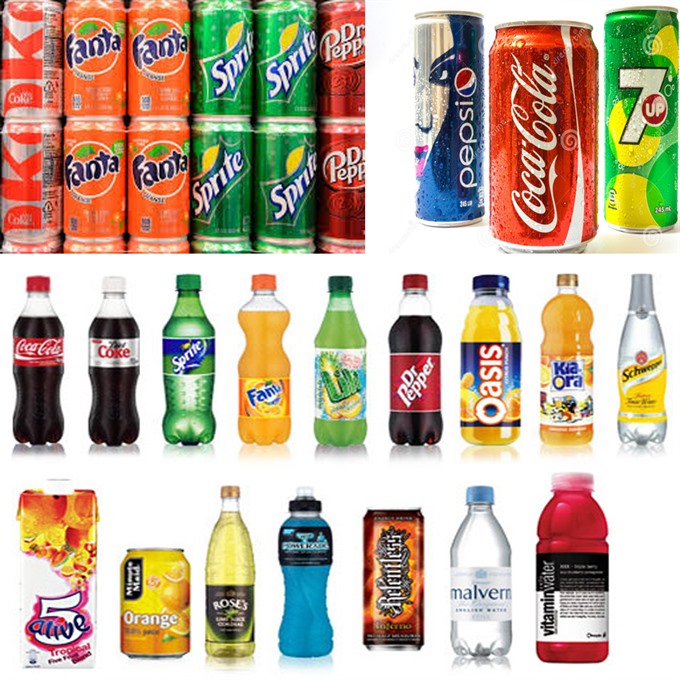 bizhub
bizhub

The proposal to impose 10 per cent special consumption tax on soft drinks for health reasons is reasonable, however, there is no concrete assessment on whether this will slow down the rate of obesity.
 |
| The 10 per cent tax rate may not affect urban families, but it will have a significant impact on the spending ability of many families in rural and remote areas. — Photo baomoi.com |
HÀ NỘI — The proposal to impose 10 per cent special consumption tax on soft drinks for health reasons is reasonable, however, there is no concrete assessment on whether this will slow down the rate of obesity.
The proposal is mentioned in the document that the Chamber of Commerce and Industry of Việt Nam (VCCI) is sending to the Ministry of Finance (MoF), according to which the imposition of special consumption tax on soft drinks should be postponed until there is a comprehensive study which presents fully its effectiveness on reducing obesity in Việt Nam.
Đậu Anh Tuấn, head of VCCI’s Legal Department, said the 10 per cent tax rate may not affect urban families, but it would have a significant impact on the spending ability of many families in rural and remote areas. Taxes on soft drinks may not only deprive rural children of this treat, but may also slow the progress of eradicating child malnutrition.
On August 17, the MoF submitted to the National Assembly a draft amending five laws -- laws on value added tax, corporate income tax, personal income tax, special consumption tax and resource tax. In which, not only would beverage companies, sugar cane companies, and sugarcane farmers be affected, but businesses and farmers in the coffee, tea and dairy sectors would also be impacted, Tuấn added.
According to VCCI, the proposal that 10 per cent tax should be imposed on soft drinks aims to reduce obesity and weight problems, and is therefore reasonable.
Furthermore, it is also necessary to anticipate some of the negative effects of the imposition – it may impact consumption capacity of households in rural, remote and isolated areas, and enterprises and farmers in certain agricultural sectors.
If the research proves that imposition of this tax helps reduce obesity, special consumption tax should only be imposed on drinks that are high in sugar content, exceeding the permitted limit. This measure helps not only to avoid the imposition on products with natural sugar content that the manufacturers cannot separate, but also suits the purpose because drinks with low sugar content do not cause obesity. — VNS




